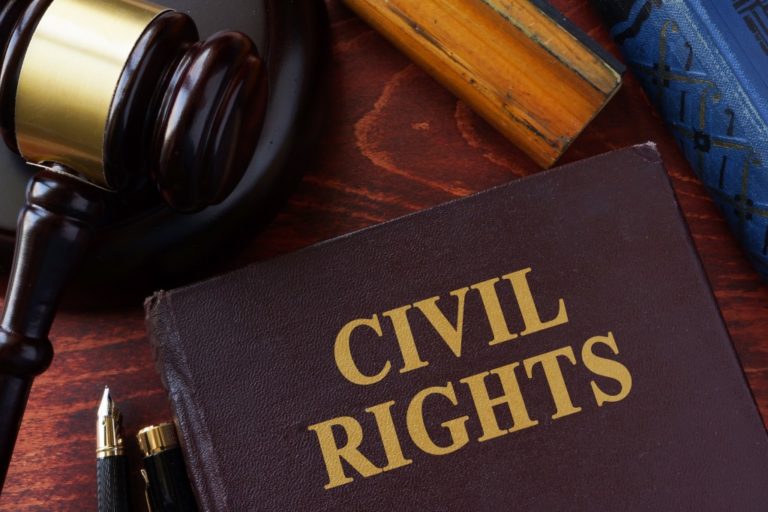Relationships can be tumultuous and violent. Oftentimes, couples who break up cite violence and abuse as reasons for wanting to end their relationship. In married couples, many forms of abuse and violence can happen to one of the parties and possibly their children.
When this happens, divorce attorneys suggest filing a civil protection order or restraining order against one of the parties during the divorce proceedings. This can prevent harassment, threats, and further acts of violence, which can cause serious harm.
Different states call protection orders and restraining orders by different terms, but here are eight basic things you need to know about them.
A protection order or restraining order protects you from further acts of violence from the perpetrator
You are eligible for a civil protection order if the person you wish to restrain has ever threatened or hurt you in any way or anyone in your family. If the person is dangerously harassing you or if the person shows violent behavior around you.
You keep your address secret
You are allowed not to enclose your place of residence on the civil protection order, especially when the perpetrator does not know your current address.
You can protect your children
The judge can restrain the perpetrator from contacting you and your children. If the respondent does not have legal powers over your children, the protection order works for them the same way as it works for you. However, if the perpetrator has legal rights to your children, such as control, care, and visitation rights, then the judge can rule a temporary order regarding them. This order works for 120 days from the date the permanent order is granted.
A protection order is more manageable than a no-contact bond

For a no-contact bond, a police officer will make a call once to verify if it is being followed and in place. The court will give you a paper copy of your civil protection order that you have to carry with you at all times. You can present it to the responding officers if you call 911.
Filing a protection order is for free if:
You are filing a protection order from domestic violence inflicted by a current or former intimate partner. But, if it is not a protection order due to domestic violence, you have some fees to pay. In case you are not able to pay, you can request to waive or postpone the fees. Make sure to file a request of motion to waive costs from the court’s office.
The civil protection order does not constitute a criminal record
If you file a civil protection order on someone, the order does not mean the person will have a permanent criminal record. But if the perpetrator violates the order, then it will be a criminal offense.
Permanent means permanent
If the judge orders permanent protection, then it will be valid permanently. The complainant does not have to apply for another protection order for a period. If you want a PPO dropped or want to change the condition after it was filed, you have to return to the justice center to file for the proper motion and explain why you no longer feel in danger.
A civil protection order is part of a safety plan
If you get a protection order, your children are included in the order, and the perpetrator cannot contact them. In case it happens, you should call 911 right away. Any violation of the Civil Protection Order is a criminal offense.
You do not need the service of a lawyer if you are getting a civil protection order. However, having a lawyer is helpful if you have children or your case is complicated. Finally, remember that you’re not alone. Ask the help of friends, coworkers, and family so that they can keep an eye out for you and your children. The more people who know about your protection or restraining order, the better.






